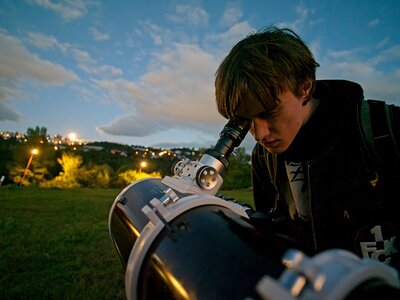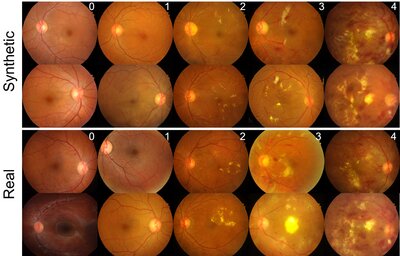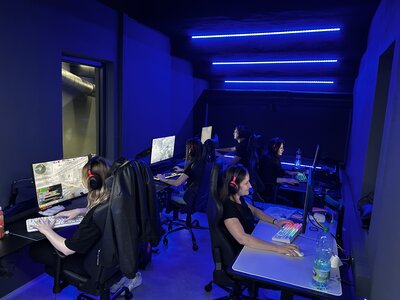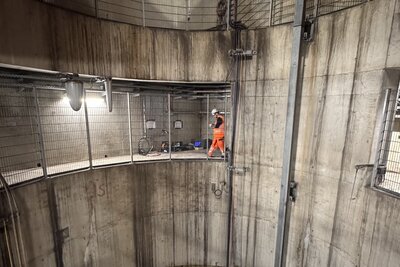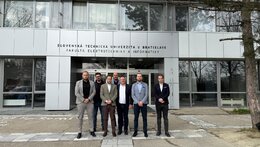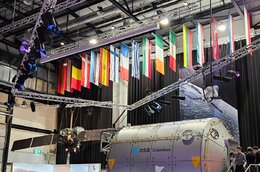From May 22 to May 25, 2025, our faculty hosted a special visit – a women’s Counter-Strike 2 (CS2) team used our esports training room to prepare for an international tournament. But this wasn’t just an ordinary gaming bootcamp – it was a comprehensive training program that bridged the world of esports with modern sports science.
Our faculty is becoming not only a center of technological education but also a key player in promoting healthy and sustainable esports. These activities prove that esports can be healthy, professional, and inspiring for the younger generation.
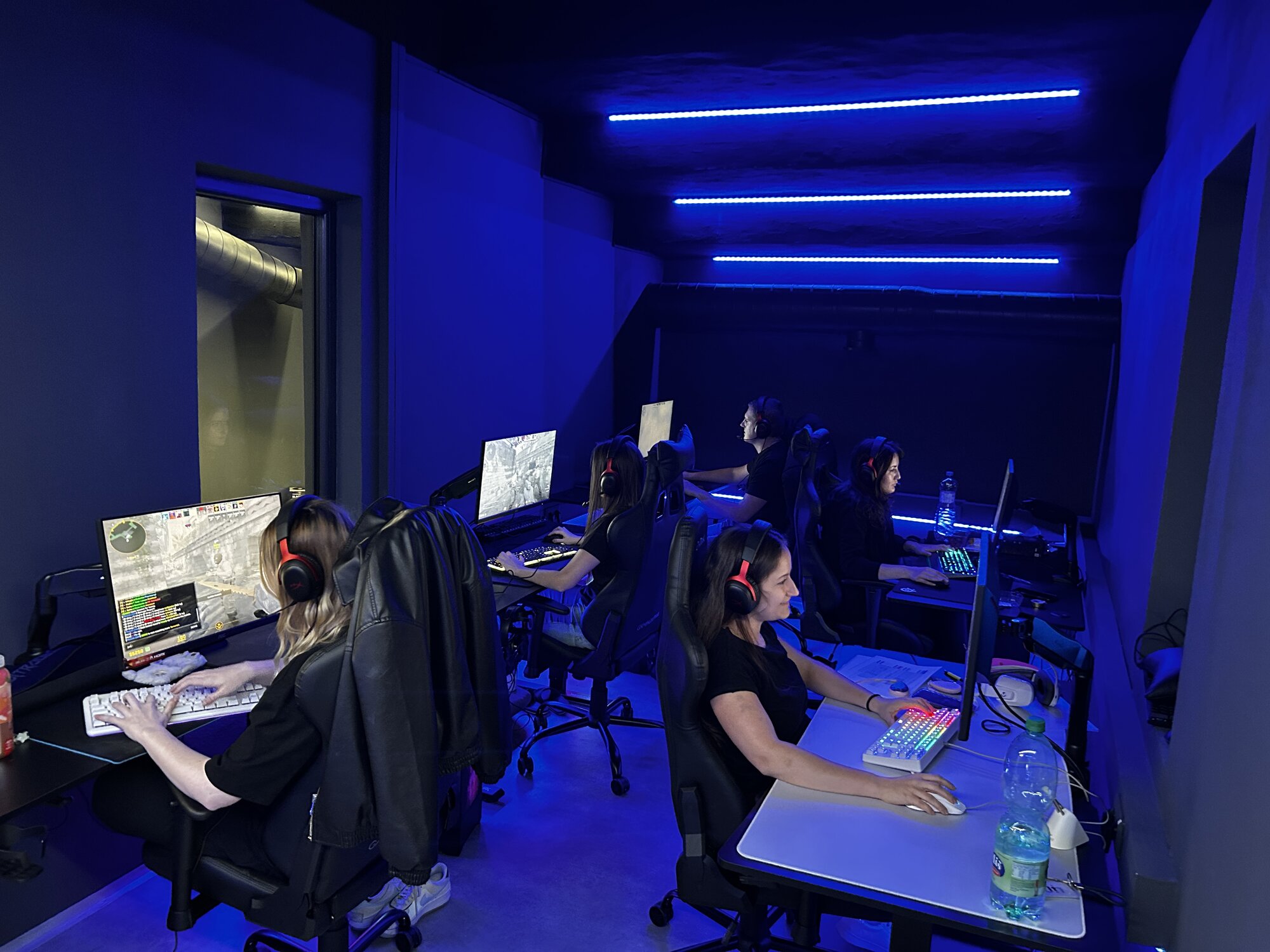
Game Training in a Professional Environment
The players had the opportunity to fully train in the state-of-the-art esports room at FEI STU, offering conditions comparable to those in professional esports clubs. Over four intense days, they refined their in-game strategies, communication, and team chemistry to best prepare for their next challenge – the European Championship in Pristina.
Diagnostics as a Performance Tool
In addition to game training, the players also took part in specialized sports diagnostics in the modern FEI STU laboratory, where we typically test the performance of both professional and amateur athletes. Under the guidance of Michal Jeleň from the Institute of Sports Technology, they learned how esports athletes can gain an edge through proper physical and mental preparation.
Topics such as pre-match rituals, recovery between matches, and maintaining mental focus during tournaments were highlighted as key components of success. Michal Jeleň, creator of the "Healthy Esports" concept, explained to the players that even digital sports require physical and psychological readiness. He demonstrated that the key to victory doesn’t always lie in the mouse and keyboard, but also in breathing techniques, concentration, and physical conditioning.
The Result? Qualification for the Championship!
The entire stay, made possible with the support of FEI STU, ended in a great success – the team secured qualification for the European Championship in Kosovo. This is proof that combining quality game training with a scientific approach to preparation can yield real results.

